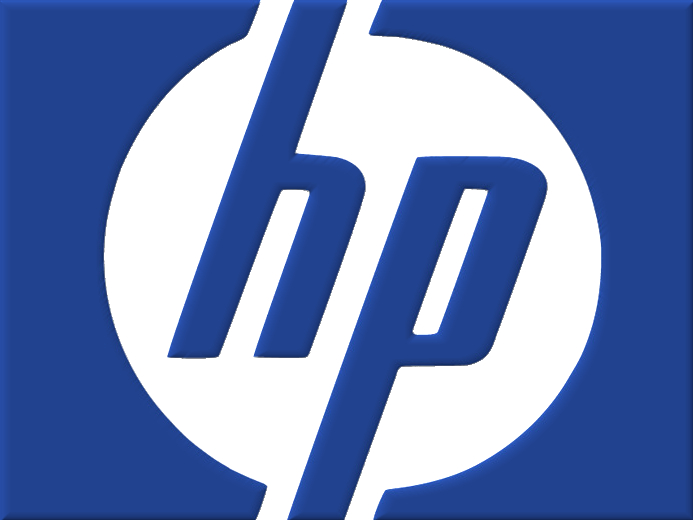HP Must Pay Civil Penalty Over Li-ion Battery Failure
Although HP denies claims made by the U.S. Consumer Product Safety Commission (CPSC), the company has agreed to pay a civil penalty regarding faulty lithium-ion battery packs.
The U.S. Consumer Product Safety Commission (CPSC) said on Monday that Hewlett-Packard has agreed to pay a civil penalty for failing to notify the Commission about faulty lithium-ion battery packs on time (PDF). HP will be required to pay a mere $425,000 by an undisclosed date, and willingly resolves staff allegations that HP knowingly failed to report the battery problem immediately to CPSC.
Up until October 2008, HP allegedly sold notebooks with defective lithium-ion battery packs. The company also sold the packs as an accessory and provided them as spare parts for various HP models. These packs reportedly overheated and in some cases caught fire, resulting in injuries to consumers, one of which was hospitalized. CPSC staff claim that HP knew of around 22 incidents by September 22, and was also aware of the hospitalized consumer.
CPSC staff also alleges that between March 2007 and April 2007, HP conducted a study and obtained additional information about the lithium-ion battery packs. The company didn't inform the Commission about the incidents or the study itself until July 25, 2008. By then, HP supposedly knew of at least 31 incidents regarding the faulty lithium-ion battery packs.
Finally in October 2008, HP and CPSC jointly announced a recall of about 32,000 lithium-ion battery packs, but the damage had already been done.
"Federal law requires manufacturers, distributors, and retailers to report to CPSC immediately (within 24 hours) after obtaining information reasonably supporting the conclusion that a product contains a defect which could create a substantial product hazard, creates an unreasonable risk of serious injury or death, or fails to comply with any consumer product safety rule or any other rule, regulation, standard, or ban enforced by CPSC," the CPSC states.
Although agreeing to pay the penalty, HP denies allegations that the lithium-ion battery packs (or the notebooks with which the packs were used) could create an "unreasonable risk of serious injury or death." HP also denies that it violated the reporting requirements of the Consumer Product Safety Act.
Meanwhile, the CPSC is still open to receiving incident or injury reports that are either directly related to this specific product recall, or involve a different hazard with the same product. The CPSC also warns that under federal law, it is illegal to attempt to sell or resell this or any other recalled product.
Get Tom's Hardware's best news and in-depth reviews, straight to your inbox.

Kevin Parrish has over a decade of experience as a writer, editor, and product tester. His work focused on computer hardware, networking equipment, smartphones, tablets, gaming consoles, and other internet-connected devices. His work has appeared in Tom's Hardware, Tom's Guide, Maximum PC, Digital Trends, Android Authority, How-To Geek, Lifewire, and others.
-
A Bad Day There's a fine line between a once-in-a-lifetime failure and a consistent failure. Nevertheless, I wonder if HP is actually going to save money from ignoring the faulty batteries after paying the fines.Reply -
waethorn How about all of the faulty motherboards in the DV2000/6000/9000, V3000/6000, DV4/6/7/9, TC1x00, G6x, etc. systems that failed to POST that HP not only issued a recall for, but then tried to cover up by changing the terms of several times and then silently killed???Reply -
If nvidia and their partners did it with ther faulty chips,then sony and apple on their batteries and now hp...those dirty scoundrels know it is cheaper topay ransoms..ahem ..penalties than exchange the faulty products for a nonfaulty one.Reply
-
eddieroolz For a while I was scared that my old HP laptop was also affected; luckily I was not.Reply
